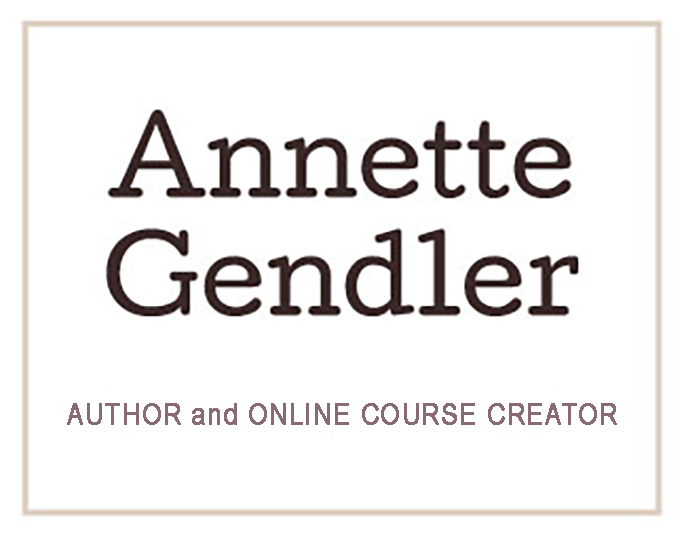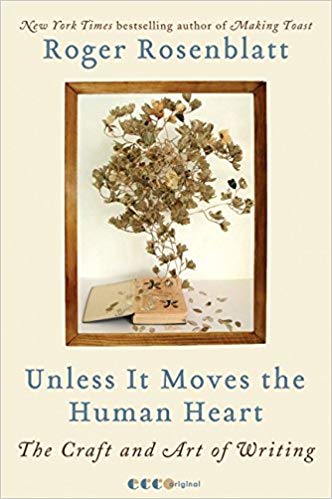
While I didn’t particularly enjoy Roger Rosenblatt’s Unless It Moves the Human Heart – The Craft and Art of Writing, he did teach me something about Hemingway’s prose that I always wondered about:
Why does Hemingway use simple words over and over?
Here’s an example from The Snows of Kilimanjaro:
She shot very well this good, this rich bitch, the kindly caretaker and destroyer of his talent. Nonsense. He had destroyed his talent himself. Why should he blame this woman because she kept him so well? He had destroyed his talent by not using it, by betrayals of himself and what he believed in, by drinking so much that he blunted the edge of his perceptions, by laziness, by sloth, and by snobbery, by pride and by prejudice, by hook and by crook. What was this? A catalogue of old books? What was his talent anyway? It was a talent all right but instead of using it, he had traded it in.
Ernest Hemingway, The Snows of Kilimanjaro
Explains Roger Rosenblatt:
Read Hemingway’s short stories, where he uses the same words over and over, and the words gain meaning with every repetition.
Roger Rosenblatt, Unless It Moves the Human Heart, p.15
Of course repetition does more than emphasize meaning, but I appreciated this explanation. “Talent” is definitely hammered home in the above passage.
Repetition also creates a lull and a rhythm.
In the following scene from The Sun Also Rises, repetition is used to recreate the boozy atmosphere of a bunch of guys traveling on top of a bus in the midday heat of the Spanish countryside. Furthermore, Hemingway’s long, circular sentences mimic the very scene he is describing as the bottle makes the round:
The man next to Bill was talking to him in Spanish and Bill was not getting it, so he offered the man one of the bottles of wine. The man waved it away. He said it was too hot and he drank too much at lunch. When Bill offered the bottle a second time he took a long drink, and then the bottle went all over that part of the bus. Everyone took a drink very politely, and then they made us cork it up and put it away. They all wanted us to drink from their leather wine-bottles. They were peasants going up into the hills
Ernest Hemingway, The Sun Also Rises (Chapter XI)
So, while I didn’t particularly like Roger Rosenblatt’s book, he got me digging into Hemingway’s prose!
Why have I often learned a lot from teachers I didn’t particularly like?
Instructors who were brusque or arrogant, who didn’t explain why they were saying what they were saying, or didn’t give me the time of day?
And yet they imparted wisdom that influences me to this day.
Could it be precisely because they didn’t hold my hand and thus I had to grapple with what they said? And that made it stick?
Case in point: My workshop leader during my first MFA semester, who was also editor-in-chief of one of the premier literary magazines, began class with a list of words we were not allowed to use. I don’t remember all of them, but “very” was on the list.
“Something is either blue, or it’s not,” he said. “It’s not very blue.”
He didn’t explain that if we felt something was very blue then we should use a different word to express that blue. That is the art of finding le mot juste (the proper word), but we had to figure that out for ourselves. Incidentally, a master like Hemingway did use “very!”
He also broke us of the habit of using clichés without ever explaining why this was so important. “Clichés are ready-made language, and you don’t need that,” he said. Only many years later did I hear another writing instructor explain:
Using clichés keeps you from developing your own voice.
Haha!
Being told to do something while not be told why keeps someone like me grappling with the rule, and quite often rebelling against it. But even rebellion means you’re engaged, and you haven’t forgotten. Perhaps that’s one of the secrets to making knowledge stick?
While Roger Rosenblatt didn’t teach me in person, Unless It Moves the Human Heart is a how-to book, and so I feel like he did. I found its format as a dialogue between teacher and students grating, and the frequent name-dropping went on my nerves. Nevertheless, when I reached the end, I had underlined quite a few phrases. Like Hemingway in A Moveable Feast,
Rosenblatt offers fascinating insights on how stories work, along with some helpful definitions:
An essay is the story of an idea or of a true event; a poem the story of a feeling. (p. 19)
When you know something doesn’t work, and you chuck it, the feeling is pure liberation, nearly as good as doing something right in the first place. Actually, the feeling is better because the elimination of the wrong choice fortifies the rightness of the right one. (p. 33)
The trick for a lot of writers is to create a state of mind where you are not thinking about writing. Rather create a state of reverie, a dream state. (p. 36)
Create a situation in which you look outside yourself. Something inside yourself will come to you. (p. 37)
In embracing what she had most strongly resisted,
[she] did not merely find her subject […], she found who she was. That is what I want for all my students. Eventually, they will discover that their writing validates their lives. (p. 42)I found the next one especially enlightening in terms of how to tell a story, and interestingly Rosenblatt is quoting Coleridge:
Anticipation is more satisfying [than surprise]…
…because it allows a thought or a feeling to build in your mind, rather than assaulting you with a sudden twist. [Coleridge] said the power of Hamlet comes from the fact that we know Hamlet will die from the start, and when he does die finally, his death is much more moving. (p. 56)
Every time we are greeted by a first-person narrator who announces a story about someone else, we can be fairly sure that the person whom the story is about will meet a bad end. (p. 57)
What [journalists] do is not what writers do. […] there’s a mystery to the act of writing. You write, yet you don’t always understand what you’ve written. And you’re not always understood. You’re never fully understood. And this is a good thing–dwelling in and creating mysteries. But in a column, or an editorial, or a news article, you must be understood, clearly and completely. Your words convey a subject. Journalism is communication. It delivers information, even in the form of ideas. If you only do that, you’re not writing. (p. 74)
So a memory isn’t actually remembering anything. More like a story made up of something in the past. (p. 82)
This next one is very much in the way Hemingway-line of thinking about prose:
One thing you learn the more you write is to leave much of the work up to the reader,
…the way great movie actors leave the work to the audience. […] If you have something worthwhile to say, and you just say it, plainly and simply, your reader will add in his or her life, and feel it personally. Your reader will think that it was you who gave him the depth of feeling that’s unearthed. But all you did was hint at it. (p. 89)
If I have taught you only to write so that your contemporaries may say nice things to you, I have failed you. (p. 152)
Let me know if any of these set a light bulb off for you, or if you’ve also learned a lot from a less than likable teacher.
PS: I did read another work by Roger Rosenblatt, his memoir Making Toast. I really liked that one, and therefore had high hopes for his craft book.


I appreciate the excerpts from Rosenblatt’s book. Thank you for these! However, I think we are walking a fine line every time we analyze an author’s writing. Who are we to say we understood it right or best? 🙂 Having said that, I do love Hemingway’s books and his writing style, and I read “Write like Hemingway” by R. Andrew Wilson. Simple words, repetition, tip of the iceberg – love, love, love it!
In my experience, unlikable teachers only got in the way of my developing a passion for one more subject, they would tint dark a knowledge realm I could have enjoyed. Unlikable bosses on the other hand did make me stronger and more motivated at work. Not necessarily better at it though.
I totally agree that it’s a dicey thing to analyze someone else’s writing in terms of what he or she intended. We can, however, analyze the text in terms of what it does for us, how we react to it, and ask ourselves why this is so. I feel that the unlikable writing teachers I had also were a test in whether I was really into this, in addition to actually teaching me quite a bit.
Enlightening.
I’m not sure the one teacher I can think of as one I disliked could qualify. She was known for hitting students. There were valid reasons she was known as the Witch.
Wow! Thankfully I never had that nasty of a teacher!